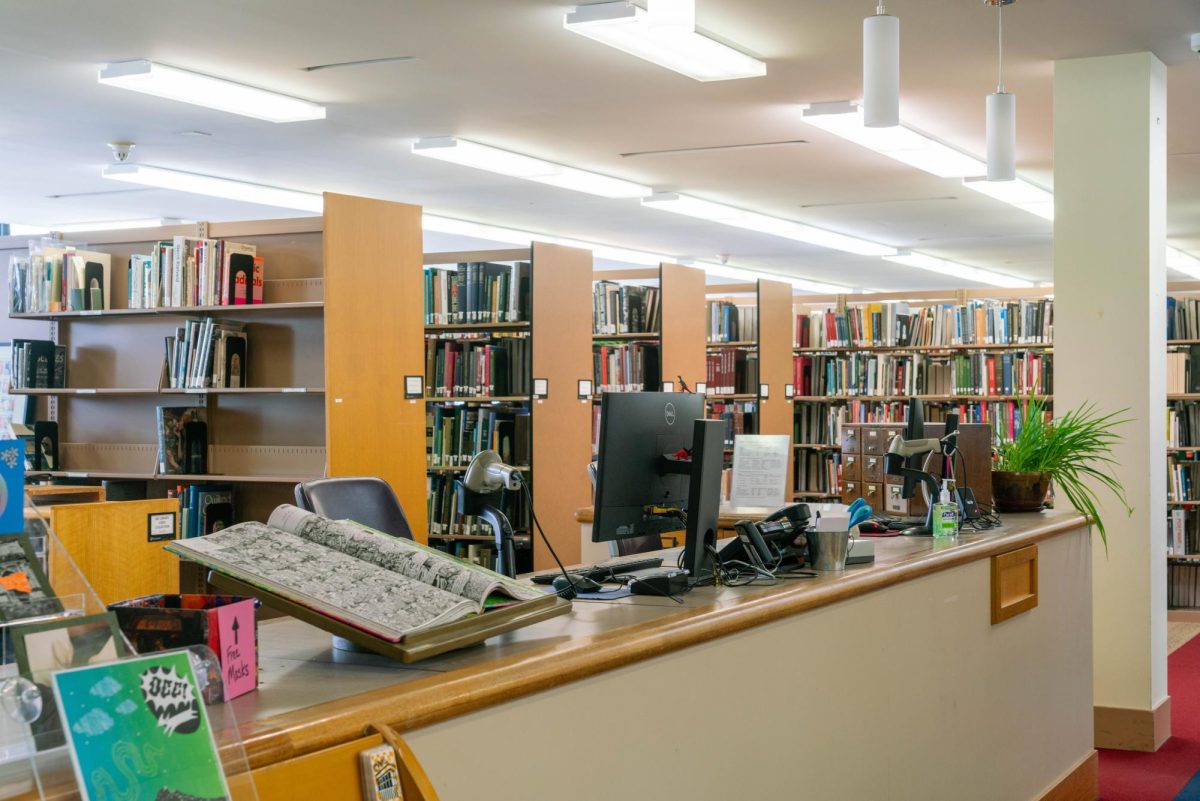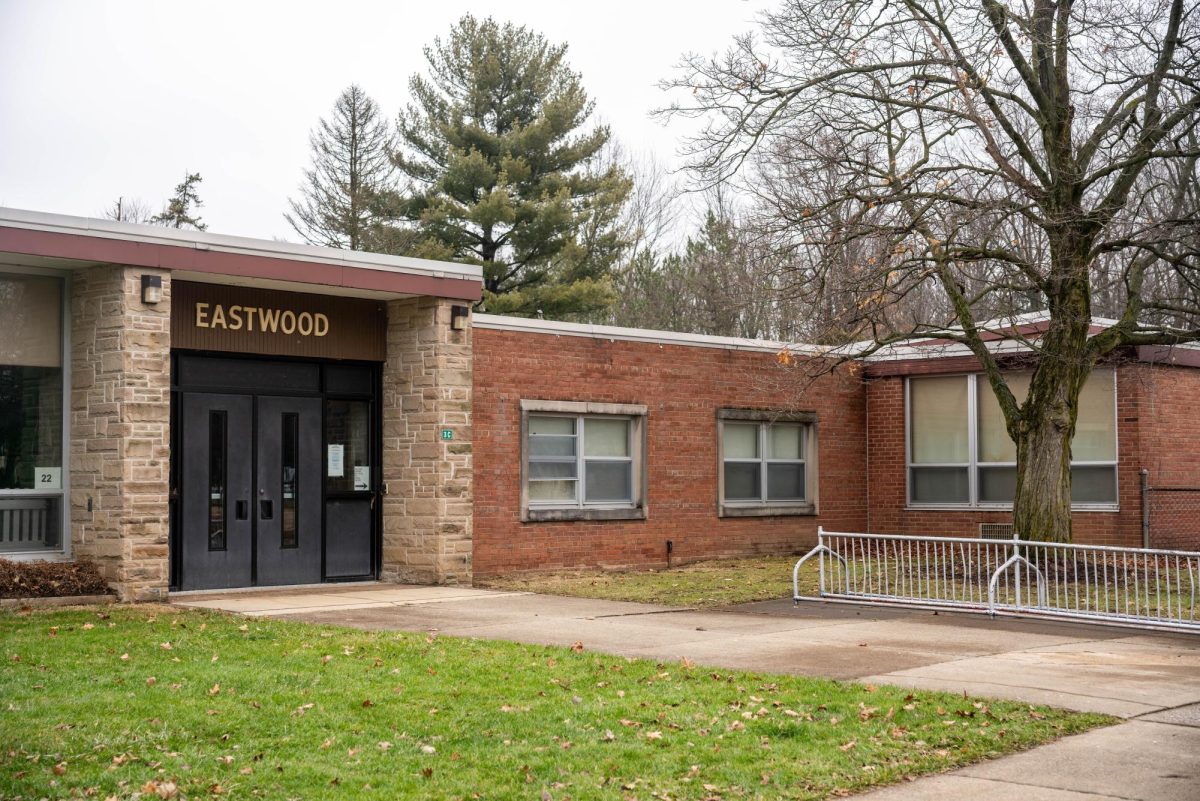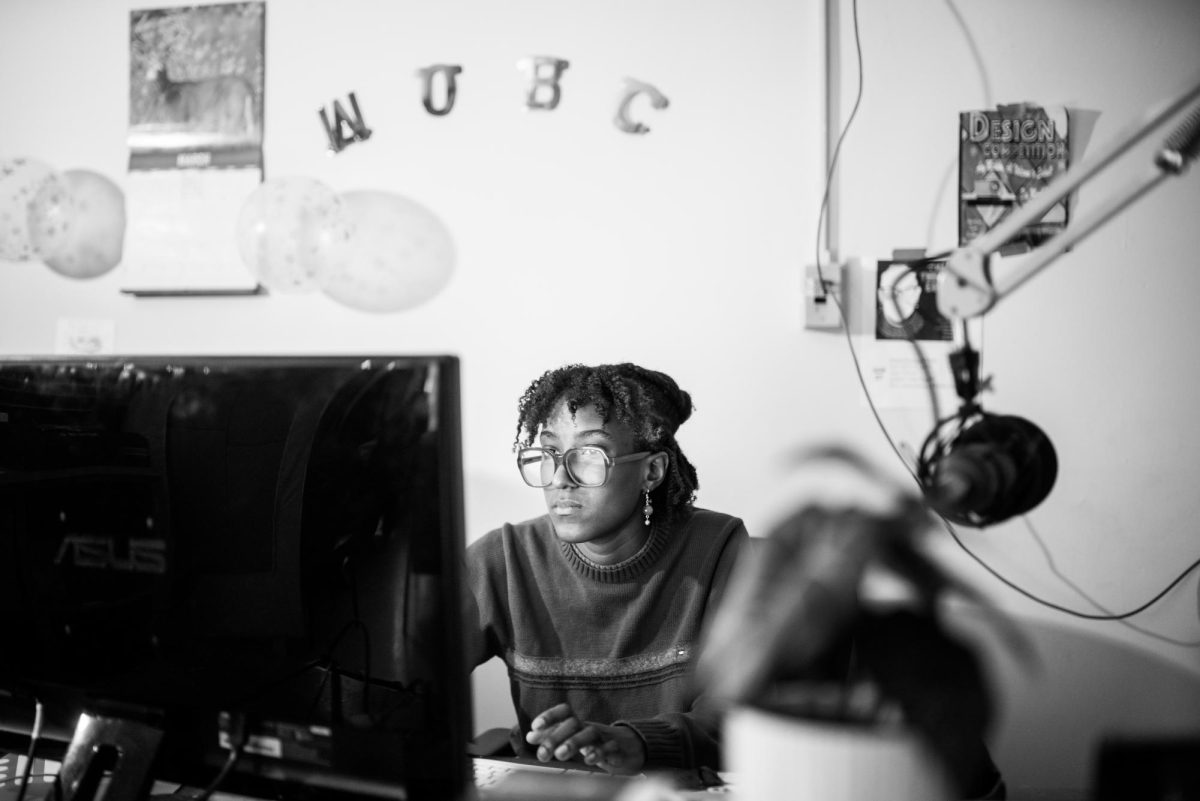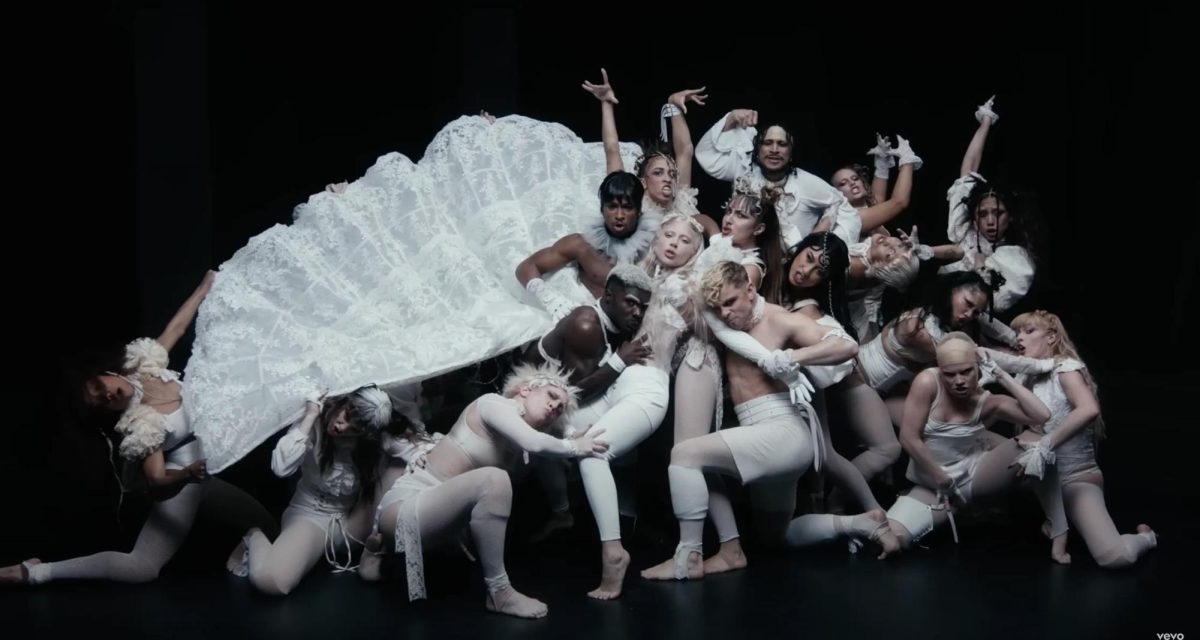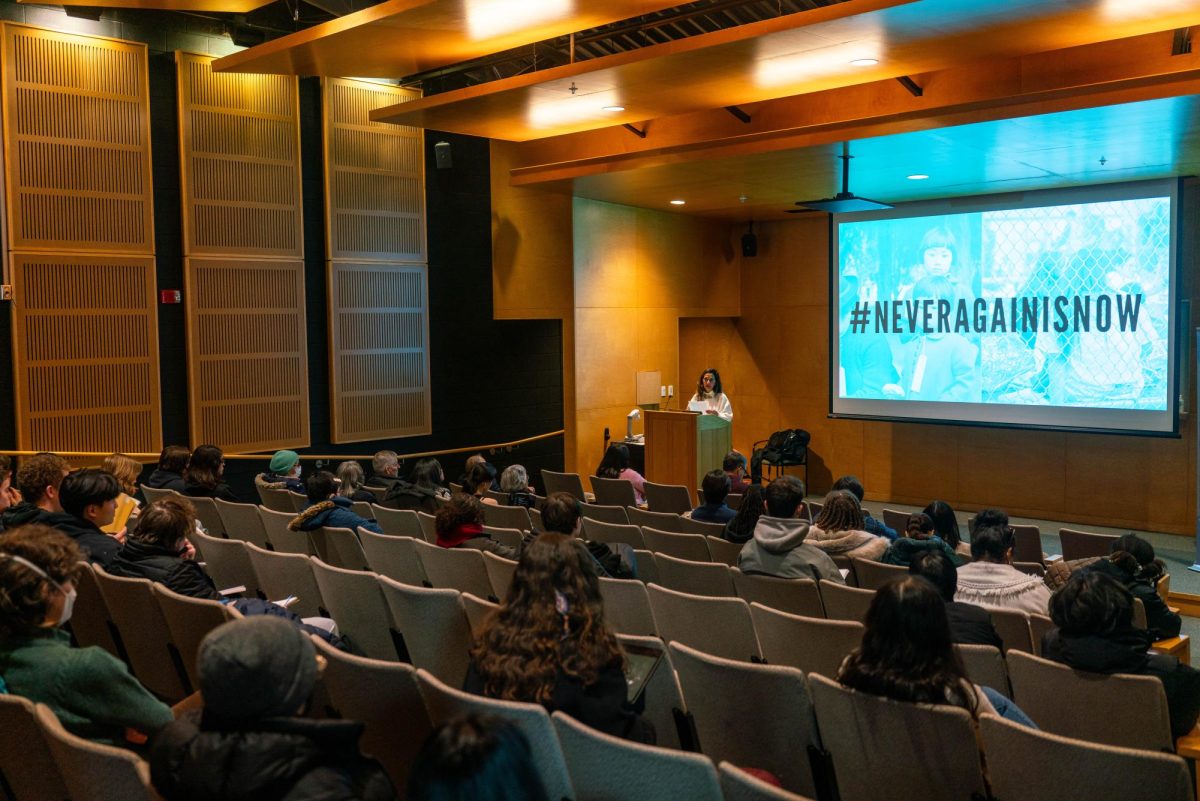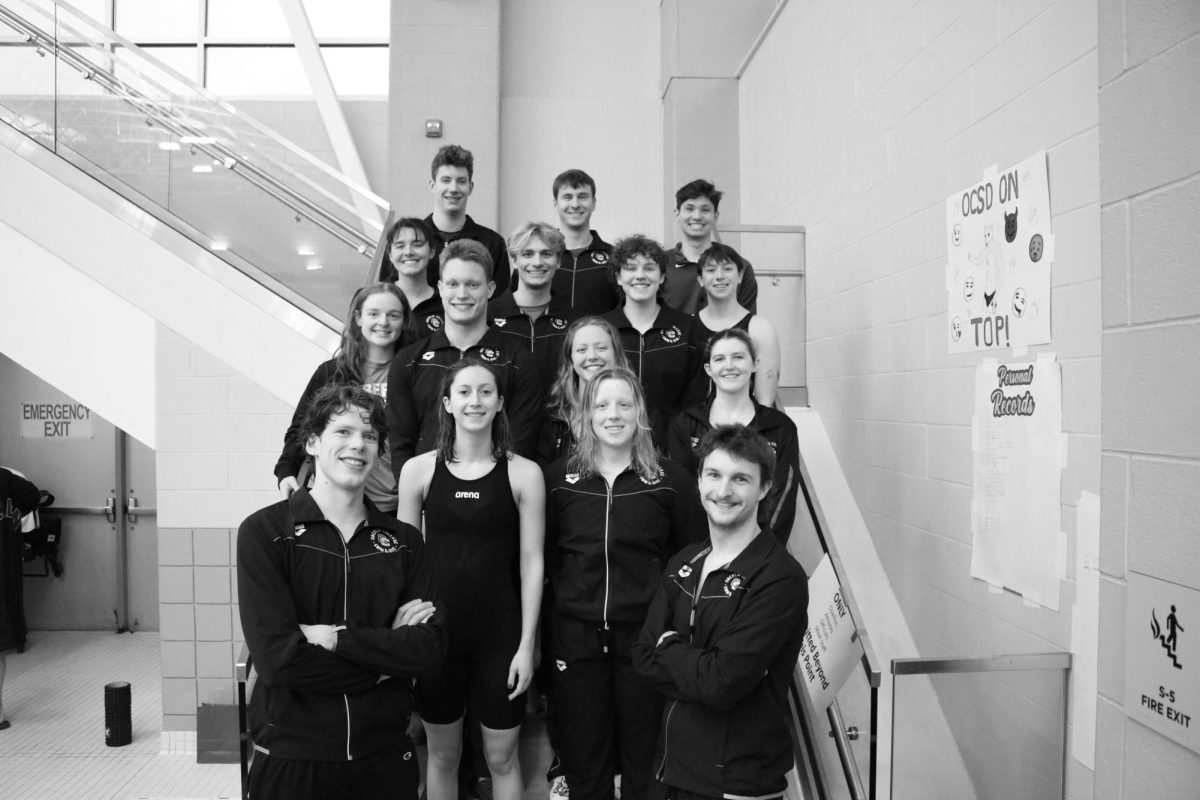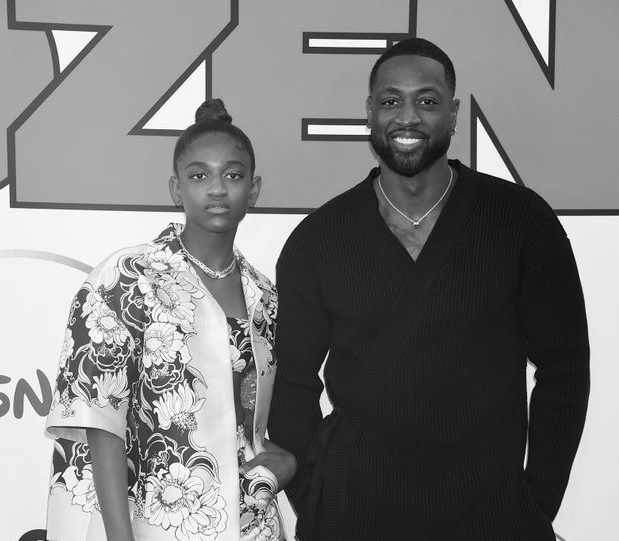Online Prejudice Reveals Weak Allyship
December 5, 2014
When the St. Louis County prosecutor announced late on Nov. 24 that a grand jury found that “no probable cause exists to file any charge against Officer [Darren] Wilson,” millions around the country were in shock, outraged at the decision not to indict the Ferguson, MO police officer who killed Mike Brown, an unarmed Black teenager, in August. According to Dorian Johnson’s eyewitness testimony, Wilson fired shots at Brown after a confrontation, and Brown then tried to flee the scene. Wilson chased after Brown; once confronted again, according to witnesses, Brown put his hands in the air in an attempt to surrender and show that he did not have a gun. However, no one will ever really know Brown’s true intentions, because Officer Wilson then fired six more shots that resulted in Brown’s death. Not only was this teenager killed while unarmed, but his lifeless body was left on the ground for four and a half hours.
As a result of the decision, protests erupted all over the country and sparked conversations over social media. Personally, I was devastated by the news. In that moment, I knew there was an injustice done, and I was angry about it. Most of the anger came from the fact that Darren Wilson was not sent to trial even though there seemed to be a conflict between witness testimony and evidence. However, I feel that I made a mistake by looking at the commentary on Facebook and other social media outlets — especially anonymous ones.
My anger at the situation grew stronger after seeing these comments. Some internet “trolls” would say things that were obviously prejudiced, throwing around the N-word to describe Brown. Some would say things that were covertly prejudiced about Brown by indicating that he was an imminent threat because he was a Black 6-foot-4-inch teenager, or they would bring up the topic of Black-on-Black crime or say that the case is not a race issue. Others would scream through the white noise that the police are “the good guys,” that Darren Wilson was simply doing his job and that the judicial system in America is the best. And there were those who were simply misinformed about the case and the protesting in Ferguson — some believed that a majority of protesters were looting stores and rioting.
I do believe that the sensationalized media, which has consistently spread misinformation in order to distract the public from the actual facts of the case, is responsible for many of these misguided comments. Nevertheless, most of the comments are coming from those who are simply ignorant or choose not to see the systematic oppression of communities of color. I know that I cannot fight all of the ignorance by others on social media; I have to pick and choose my battles.
But what truly disappointed me were the similar comments posted anonymously on Oberlin’s Yik Yak and the Oberlin Confessions Facebook page. For the most part, Oberlin students have the reputation of willingly learning about systems of oppression and taking a stand against them. Most of us came here to learn about systems that deter the advancement of people of color and to fight the prejudices that we grew up with. For some, though, that is not the case. After the grand jury decision, there were many comments on Oberlin’s Yik Yak that reflected the same ignorance and prejudice demonstrated in the comments stated above.
I understand that anonymity gives people the opportunity to say anything they want, especially if it is things they would feel uncomfortable saying publicly. However, now I am cautious of the people who are in my classes or who I meet at social events, because they could be the same people posting prejudiced things in these anonymous online forums. As a Black woman on a white campus, I already feel overly conscious of myself in different spaces I occupy on campus. I would prefer to be around people who understand the prejudices that I face in life, instead of people who pretend that these prejudices do not exist or who say very prejudiced things to me. Unfortunately, the lesson that I have learned from reading all of those anonymous posts is that there is social justice work that needs to be done not just in America, but here at Oberlin.
I think that we need to change our approach in how we tackle this issue. As some have stated on social media, white allies need to educate other members of the white community about systems of oppression. White allies have the privilege of being able to occupy more than one space. White allies are getting educated about racism in America in POC spaces, but I question if they are challenging other whites when they are not in the presence of other people of color. Think about it from this perspective: When have you corrected your parents, uncles, aunts, cousins, friends, or even partners about the prejudiced statements that they have made? Did you delete one of your white friends on Facebook after Darren Wilson was not indicted instead of engaging in conversation with them? Do you let it go because you do not want to initiate an argument or because it makes you uncomfortable?
Every day, Black and Brown people experience being uncomfortable in white spaces and feel pressured into speaking about their own experiences. So be bold and speak up: Your voice needs to be heard in these spaces where POC voices can’t enter. You have the knowledge and the ability to create a dialogue that will change the minds of those around you. When you do social justice work, you must think on this scale and educate others in these white communities who are not confronted about their own prejudices every day.
In order for Black and Brown people to be liberated from oppressive systems, we must reach a broader audience of people. The anonymous racist commentary on online forums here at Oberlin proves that allies have more work to do. Only by confronting those who are perpetuating white supremacist attitudes can allies get to the root of the problem and mobilize more communities to think critically about structural racism and privilege.





